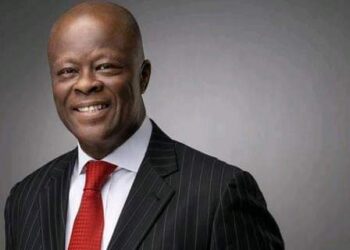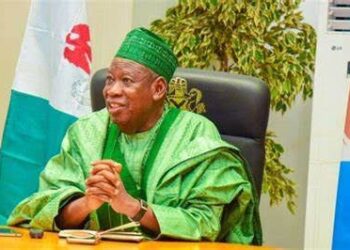Financial experts have projected that equity market will remain unfavourable by investors until after the general election which would wrap up in March 2019.
But they expressed optimism that foreign investors will return to the Nigerian market after the conclusion of the elections and as such anticipated an improvement in performance.
They also said that some expected drivers of market performance in 2018 still hold true, although we do not expect the impact to be seen until after the elections.
They said that historically foreign investors have been the major participants in the Nigerian equities market, but in 2018, domestic investors contributed the bulk in terms market activity because of the exit of foreign investors from domestic market as outflows stood at N605.5 billion relative to inflows of N553.5 billion as at November 2018.
On the poor performance of equity market, Analysts from Afrinvest noted that sentiment towards emerging and frontier assets, especially equities was impacted by policy normalisation from systemically important central banks of developed economies.
They said that the major drawback of Nigerian market was closely tied to the upcoming general election, explaining that in line with historical trend noticed in pre election years, it is expected to have significant sell offs in the market, albeit in the second half of 2018 but the offloading of shares began earlier than anticipated, consequent on global and domestic risk factor.
They said while some companies recorded weaker financial performances in the year, a host of market bellwethers remained resilient, yet some stocks traded below fundamental valuation.
The analysts said that fixed income market was quite volatile in 2018, similar to the previous year even as the Central Bank of Nigeria sustained monetary Policy rate at 14 per cent throughout the year.
The CBN maintained its tight monetary stance more vigorously as issues around weak global growth, heightened polity risk and higher interest rates in advanced economies which prompted capital flow reversals in developing markets came to the fore in 2018.



